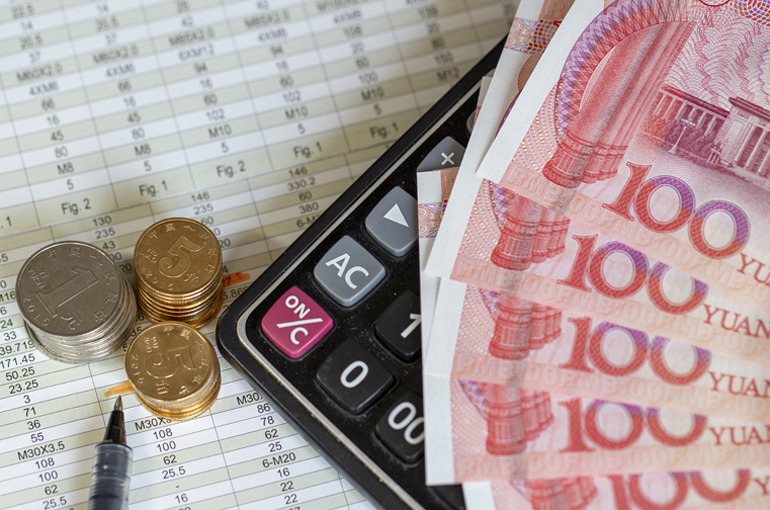 Chinese Yuan Bonds Rise to Third Biggest Currency on Bloomberg Index Four Years After Inclusion
Chinese Yuan Bonds Rise to Third Biggest Currency on Bloomberg Index Four Years After Inclusion(Yicai) Nov. 8 -- The weighting of Chinese yuan-denominated bonds had climbed 3.7 percentage points on the Bloomberg Global Aggregate Index as of early November from the time of their full inclusion four years ago to become the third largest currency in the index, which measures investment-grade bonds in 27 currency markets around the world.
The Bloomberg Global Aggregate Index comprised 325 Chinese yuan bonds as of early this month, giving them a weighting of 9.7 percent in the index's USD68 trillion market capitalization, according to data released by New York-based Bloomberg yesterday.
US dollar-denominated bonds had a weighting of 45.4 percent on the index, followed by Euro-denominated bonds with a weighting of 22.3 percent, according to the index. Japanese yen-denominated bonds trailed in fourth place with a weighting of 9.6 percent.
Chinese government and policy bank bonds were fully included in the Bloomberg Global Aggregate Index in November 2020, following a gradual inclusion process that lasted 20 months. Bloomberg was the first index provider to fully integrate Chinese bonds in a global benchmark index. At the time, they had a weighting of 6 percent. Their scale has since expanded 53 percent to a value exceeding USD6 trillion.
In local currency terms, Chinese government and policy bank bonds have achieved a positive return of 21.9 percent over the past four years. By contrast, returns on US dollar-, euro- and Japanese yen-denominated bonds have all been negative, tumbling 6.9 percent, 12 percent and 7.1 percent respectively.
When measured in US dollar terms, Chinese yuan-denominated bonds have recorded an impressive return of 14.6 percent over the period. Yet the return of US dollar-denominated bonds has slumped 6.9 percent, that of euro-denominated bonds has plunged 17.9 percent, and that of Japanese yen-denominated bonds has plummeted 36.3 percent.
Editor: Kim Taylor